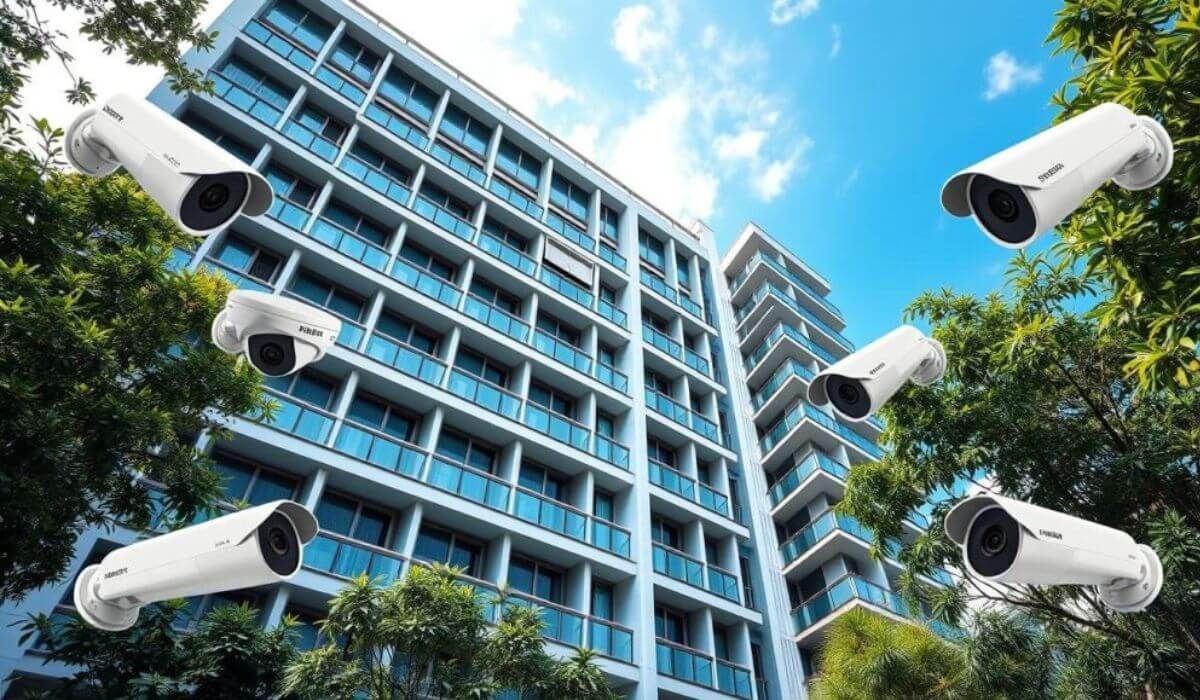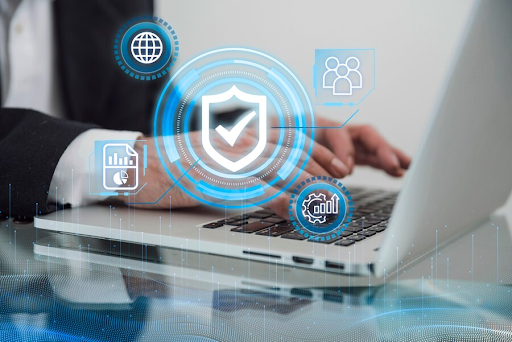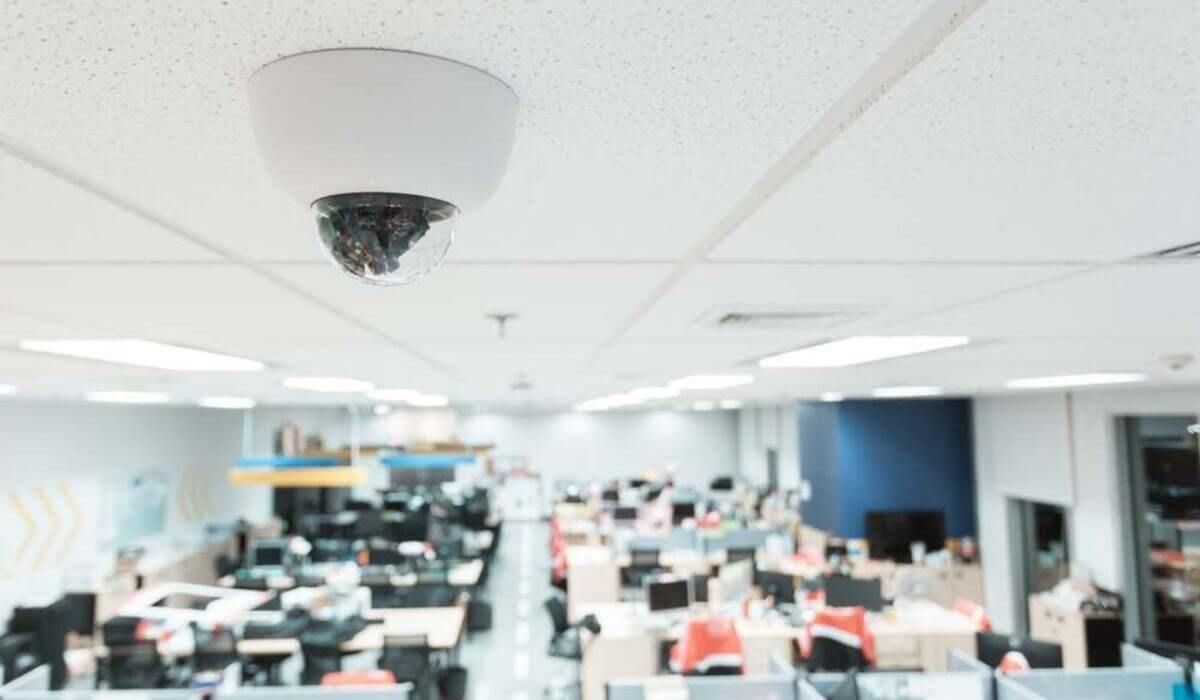Cybersecurity Solutions: Safeguarding Sydney's Small Businesses
In an increasingly digital world, small businesses in Sydney face rising cybersecurity challenges. As operations move online, the risk of cyber threats grows, making robust cybersecurity solutions essential to protect business data and reputation. This guide will explore the key cybersecurity practices that small businesses in Sydney should adopt to safeguard against online threats.
Understanding Cybersecurity Risks for Small Businesses
Small businesses in Sydney are prime targets for cybercriminals due to their often limited resources for cybersecurity. Common threats include:
- Phishing Attacks: Deceptive emails or messages designed to steal sensitive information.
- Malware: Malicious software that can damage or disrupt systems.
- Ransomware: A type of malware that encrypts data, holding it hostage until a ransom is paid.
These threats can lead to data breaches, financial loss, and damage to a business’s reputation. Therefore, understanding and addressing vulnerabilities is crucial.
Identifying Your Business's Vulnerabilities
The first step in enhancing cybersecurity is conducting a risk assessment to identify vulnerabilities. This involves:
- Assessing Network Security: Ensuring that firewalls and antivirus software are up-to-date.
- Reviewing Data Storage: Identifying where sensitive information is stored and how it’s protected.
- Analyzing Employee Practices: Understanding how employees handle data and their awareness of potential threats.
By identifying weaknesses, small businesses can prioritize cybersecurity measures that address specific risks.
Essential Cybersecurity Solutions for Protection
Implementing essential cybersecurity practices and tools can significantly reduce the risk of cyberattacks. Key solutions include:
- Firewalls: Act as a barrier between your internal network and external threats, monitoring and controlling incoming and outgoing traffic based on security rules.
Setting Up Effective Firewalls
A robust firewall solution is critical for protecting your network from unauthorized access. Small businesses in Sydney should consider:
- Configuring Firewalls Properly: Ensuring that the firewall is set up correctly to block malicious traffic while allowing legitimate communication.
- Regular Updates: Keeping firewall software up-to-date to protect against the latest threats.
Implementing Strong Data Protection Measures
Data protection is crucial for maintaining the integrity and confidentiality of business information. Essential strategies include:
- Data Encryption: Encrypting sensitive data ensures that even if it’s intercepted, it cannot be read without the encryption key.
- Secure Backup Solutions: Regular backups protect against data loss due to cyberattacks or system failures.
- Multi-Factor Authentication (MFA): Adding an extra layer of security by requiring multiple forms of verification before granting access.
Benefits of Multi-Factor Authentication
MFA significantly enhances security by making it more difficult for unauthorized users to access sensitive information. For small businesses in Sydney, MFA can be implemented using:
- SMS or Email Codes: A code sent to a secondary device that must be entered along with the password.
- Biometric Verification: Using fingerprints or facial recognition as an additional verification step.
Training Employees on Cybersecurity Best Practices
Human error is a leading cause of cybersecurity breaches. Regular training helps employees recognize and avoid potential threats, such as phishing scams.
- Phishing Awareness: Training employees to identify and report phishing emails.
- Safe Handling of Sensitive Information: Educating staff on the importance of secure data practices.
Creating a Cyber-Secure Culture
Developing a culture of cybersecurity within your organization is vital. This includes:
- Ongoing Training Programs: Regularly updating employees on the latest cybersecurity threats and best practices.
- Encouraging Vigilance: Promoting a proactive approach to cybersecurity, where employees are encouraged to report suspicious activity.
Conclusion
Prioritizing cybersecurity is essential for small businesses in Sydney to protect against online threats. By implementing robust solutions and fostering a culture of cybersecurity awareness, businesses can safeguard their data, reputation, and long-term success. Explore local cybersecurity services or consult with experts to ensure your business is well-protected against the growing array of digital threats.
FAQs About Cybersecurity for Small Businesses in Sydney
Q: What are the first steps a small business in Sydney should take to improve cybersecurity?
A: Start by conducting a risk assessment to identify vulnerabilities, then implement essential solutions like firewalls, antivirus software, and employee training.
Q: How often should cybersecurity measures be updated in a small business?
A: Cybersecurity measures should be reviewed and updated regularly, ideally quarterly, to keep pace with evolving threats.




